1.4 Seat Leon ST TGI natural gas: long-term test
Autopista.es new challenge, in this case a long-term test of the Seat Leon 1.4 ST TGI, the bi-fuel version of the lion can boost both natural gas and gasoline.
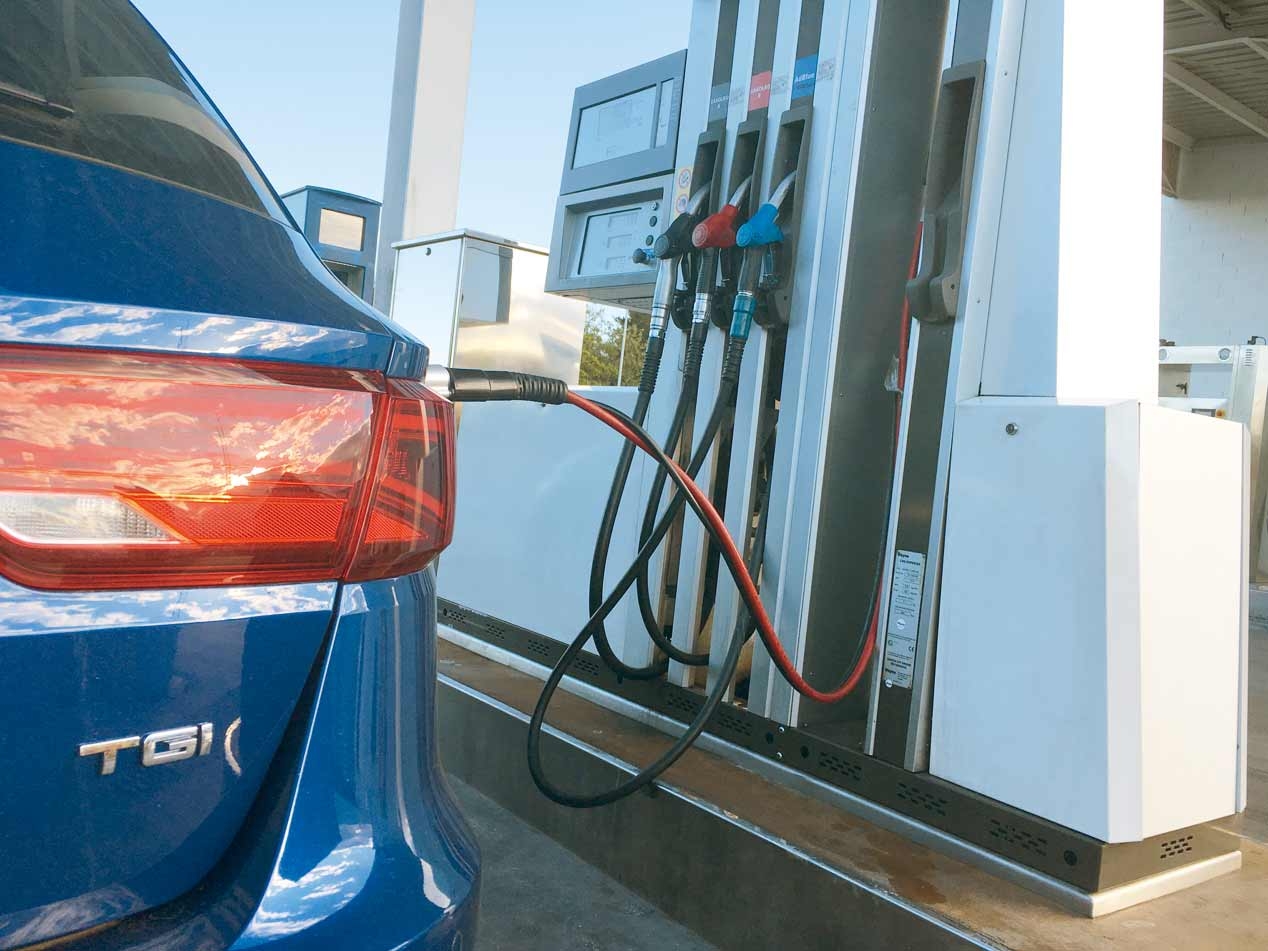
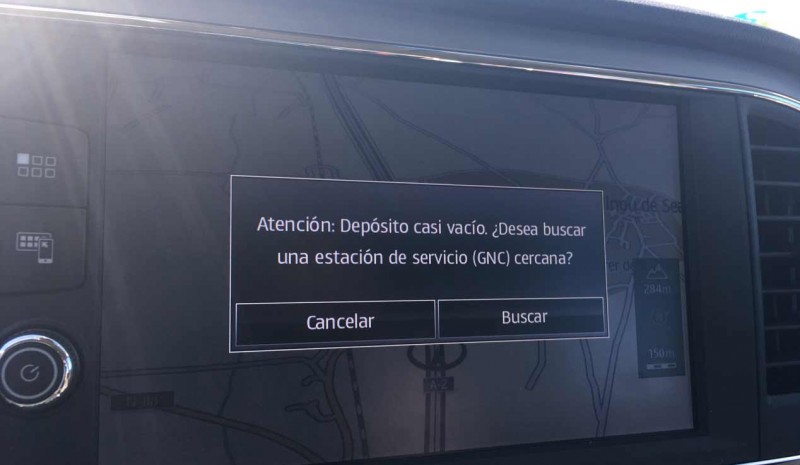
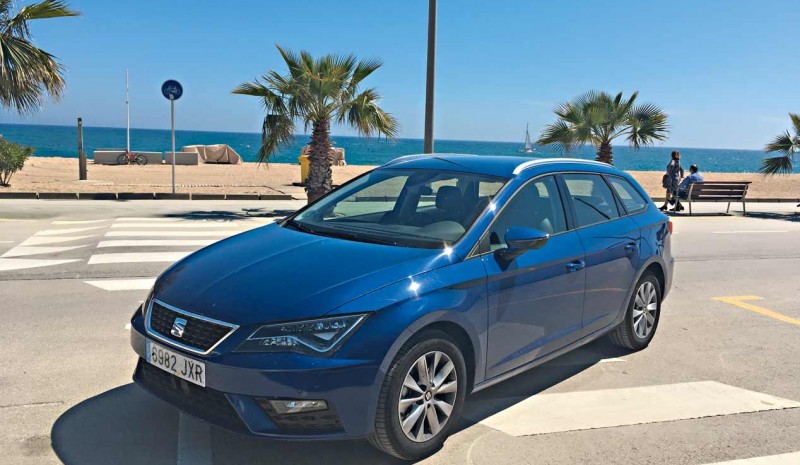
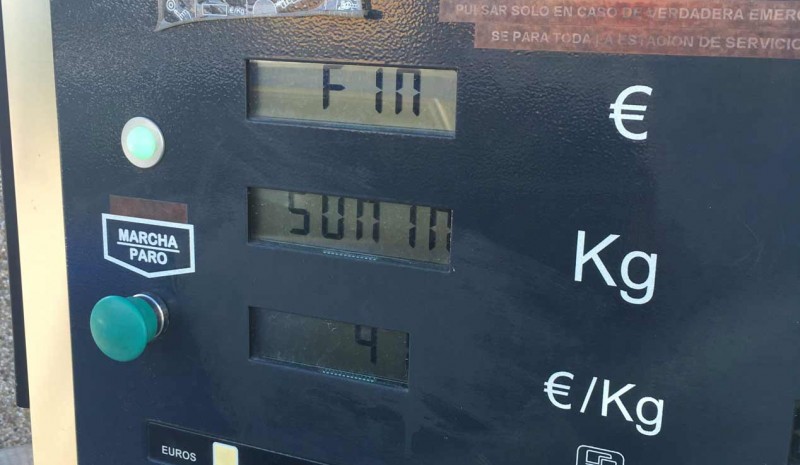
New star in our long-term tests: he 1.4 Seat Leon ST TGI natural gas CNG. The challenge? Cover 25,000 kilometers moving initially provided, but only yes primarily natural gas. We will get it? We tell our first sensations on board this version Seat Leon.
1.4 Seat Leon ST TGI, its identity
We’ve already anticipated before the Seat Leon 1.4 TGI is a bi-fuel car, ie may be powered using both gasoline as compressed natural gas. For this efficient version of the familiar body of León, gasoline is stored in the tank located under the rear seat; On the other hand, compressed natural gas (CNG in its acronym) to 200 bar is stored in the two cylindrical tanks located under the floor of the boot. The latter is the primary fuel for TGI versions, which it is like calling versions Seat factory prepared, with the advantage of standardization and quality that entails implemented over other proposals “aftermarket” – to move natural gas.
 Gas prices, a good argument
Gas prices, a good argument
use this gas, he compressed natural gas, It provides some advantages over gasoline or diesel. One of them is derived from its price: At the end of these lines, after having been refueled in various gasineras, kilo of gas more expensive we have paid 0.91 euros; while the cheapest we’ve found 0.60 euros.
This price disparity is because, while the refueling points belonging to the network of Gas Natural Fenosa is the gas to 25 percent less than diesel, is this price that is; in other independent, and stations belonging to different gas company operators, prices They respond more directly to the fuel market.
Seat Leon 1.4 TGI natural gas: consumption data
This fuel cost, and using as reference the average consumption obtained by our Technical center in the first tests performed with our test unit, the Léon ST 1.4 TSI He has needed for each 100 km tours, 4.4 kg CNG. Doing the same tours with him, average gasoline consumption has been 6.2 l / 100 km. Euro, using as a reference the price of fuel in recent fill-ups carried out (0.90 euros per kilo for natural gas and 1.24 euros per liter for gasoline), that spending translates into 3.96 euros 100 km in the first case and 7.69 euros in the second. That is, using gasoline, the cost is almost one hundred percent higher. The photograph of the moment leaves very clearly one of the benefits of cars like Leon TGI, They can move this economic fuel is natural gas compared to traditional fuels. Although it is true that This is not the only advantage.
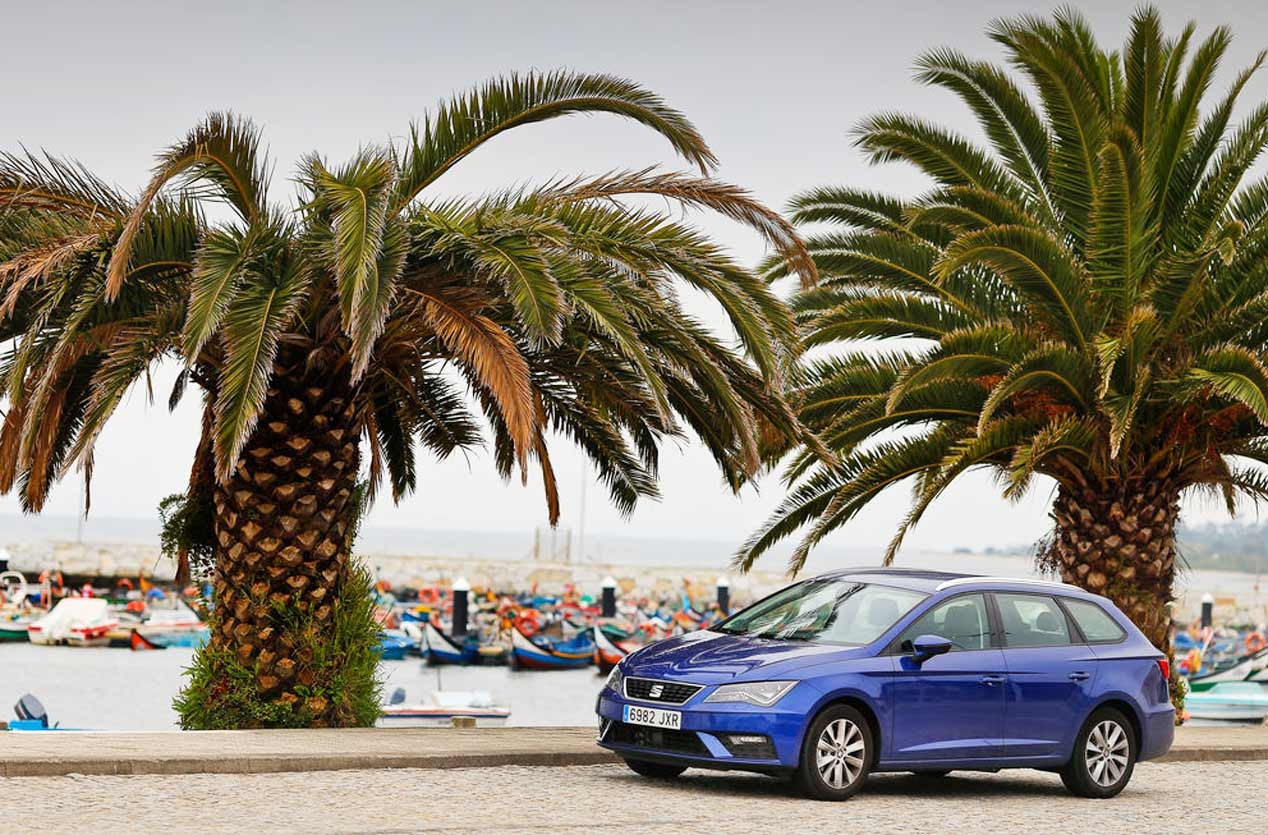 1.4 Seat Leon ST TGI: advantages of using a gas car
1.4 Seat Leon ST TGI: advantages of using a gas car
Besides of price factor, should analyze other advantages that you can take advantage of if you drive a car like this natural gas 1.4 Seat Leon ST TGI.
One of the privileges we hope also to appreciate over the coming months are tied to those offered by different administrations for cars which, like those used natural gas, They are worthy of environmental label Eco. It is the case bonus regulated parking areas in cities such as Barcelona or Madrid. Moreover, unlike cars of LPG (Liquefied Petroleum Gas) the CNG itself may park in closed parking.
Also they count gas cars with the possibility to move by some lanes Bus VAO, as the C-58 in Catalonia or, in the case of previously register, to benefit from a reduction of 30 percent in tolls Generalitat if they used Monday through Friday. Even it is in force positive discrimination to access the interior of the M-30 in Madrid, in the case of high pollution episodes gas vehicles equal hybrids that have electricity in one of its sources: this guarantees a daily mobility, regardless of enrollment ends in odd or even.
Other advantages are related, in some cases at the time of purchase. It is the case exemption from payment of registration tax, as a result of approving one emission of 94 g / km in the five-door 96 in ST; reduction, up to 75 percent, the tax rate for motor vehicles, but also aid for the purchase as it provides Gas Natural Fenosa in the metropolitan area of Barcelona-, in others to the use by professionals, industrial and commercial, such as access to Priority Areas Residential Madrid.
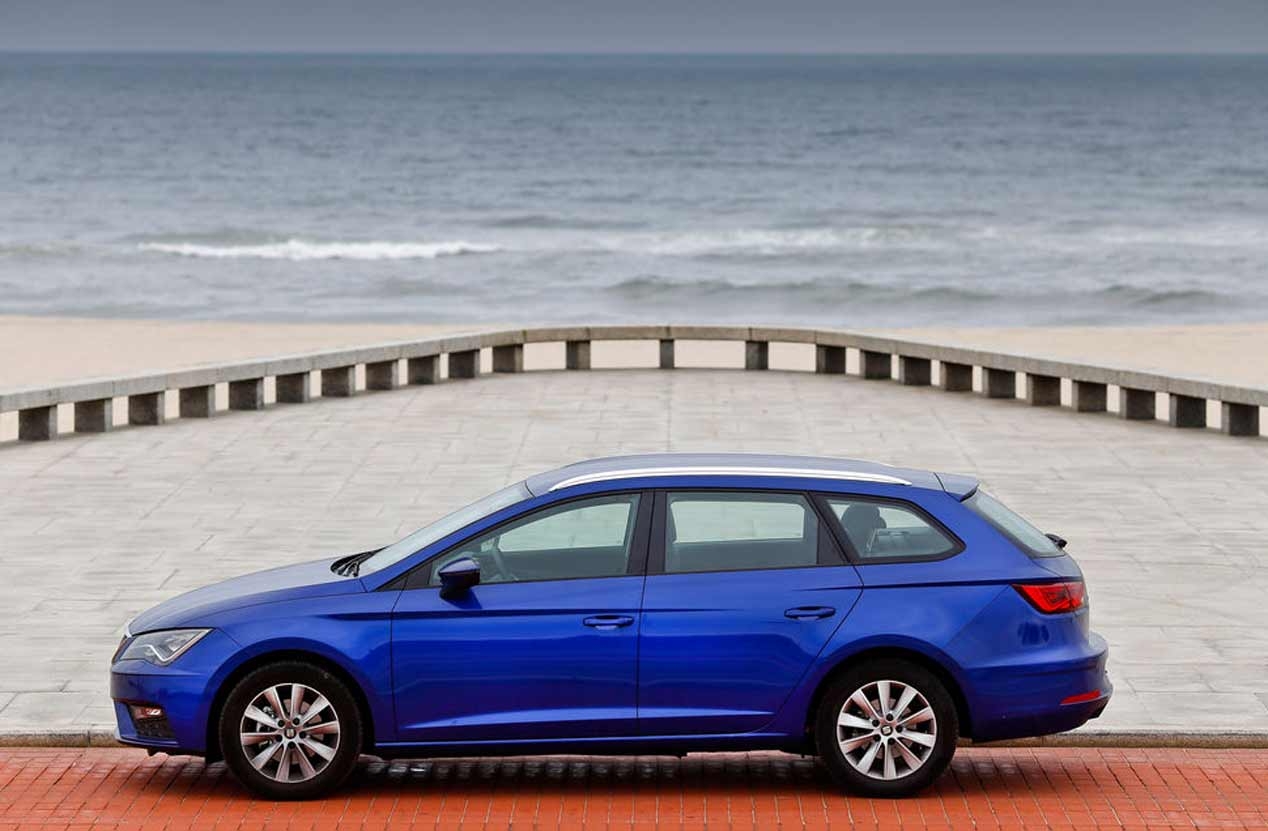 For these benefits, as well as the concentration gasineras around large cities -in the future, the entry into force of a EU directive states that if any has at least every 150 kilometers for the CNG refueling– gas cars can be particularly attractive in the metropolitan areas of cities such as Madrid or Barcelona. Yet it is also possible to find, within its limited compared to other stations, refueling points abundant in the peninsular northeast quadrant. Altogether, in Spain, there are 50 gasineras, to which should be added the 20 project.
For these benefits, as well as the concentration gasineras around large cities -in the future, the entry into force of a EU directive states that if any has at least every 150 kilometers for the CNG refueling– gas cars can be particularly attractive in the metropolitan areas of cities such as Madrid or Barcelona. Yet it is also possible to find, within its limited compared to other stations, refueling points abundant in the peninsular northeast quadrant. Altogether, in Spain, there are 50 gasineras, to which should be added the 20 project.
1.4 Seat Leon ST TGI: the view of their drivers
"I’ve had a pleasantly surprised with this Seat Leon ST. Even going four people and luggage compartment laden car consumption is minimal: it was about 40 euros at the 1.200 km finally we do. In addition we proved very comfortable driving and we did not notice any difference because utilizase gas engine. It is spacious and has a good boot. I found it very comfortable to show in the browser CNG filling stations where you can refuel at all times. It is ideal for those who like to travel or do many kilometers knowing they will spend very little on fuel and also without loss of comfort or safety car." Sabin Praja
"Generally interesting not only because of the savings the to use natural gas (CNG) as regular fuel without losing benefits (although it is always safe alternative gasoline). It is true that gasineras network is still not extensive, but with a little care you can get a very economical use. Highway at a constant speed of 120 km / h consumption figures are achieved around 4 kg / 100 km CNG, representing a cost of about 3.6 euros per 100 km. Regarding use, no difference with the conventional versions, smooth, quiet and comfortable especially fuel. Plenty of room available in this family variant ST." Rafael Guitart
"his smooth running, identical behavior of the car in gasoline and saving me cross paths that led Spain for much less money than my usual Diesel has found me a segment, the alternative fuels, I did not know. Only need to install more natural gas stations …" Adrián Lois
